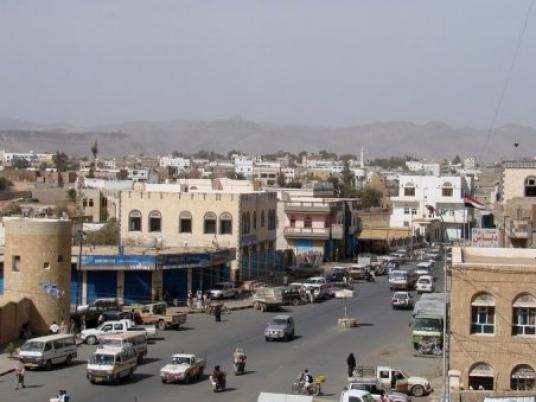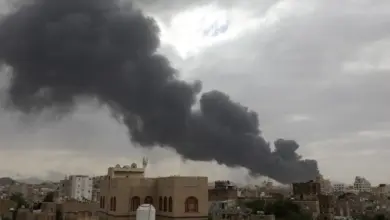
Shia rebels have overrun strongholds of a rival Sunni tribal group in fighting that has killed at least 40 people in northern Yemen in the last two days, tribal sources said on .Sunday
The fighting compounds the challenges faced by U.S.-allied Yemen, which is struggling to stabilize a country that is home to one of al Qaeda's most active branches.
One of the poorest countries in the Arab world, it has been in turmoil since mass protests in 2011 forced long-serving President Ali Abdullah Saleh to step down.
Tribal sources said Houthi fighters and their allies from the Hashed tribal federation seized control of al-Khamri, the al-Ahmar family tribal region in Omran province. An al-Ahmar family home was burned.
The Ansarullah website, run by the Houthi group, said its fighters and allies from Hashed were "pounding the fortifications of the militias of the al-Ahmar sons" in al-Khamri and Zu Anash areas in Omran province.
"The al-Ahmar militias and the religious hardliners are fleeing from the two areas, along with military hardware and equipment," it said.
Tribal sources said that at least 30 Houthi rebels and 10 fighters from the Hashed tribe died in the fighting.
There was no independent confirmation of the figures.
The latest fighting was the most intense since clashes erupted in October. Shia Houthi rebels, who control much of the northern Saada province on the border with Saudi Arabia, moved then against Sunni Salafis allied to the al-Ahmar clan in Dammaj town. The Houthis accuse the Salafis of recruiting foreign fighters to attack them.
Since October 30, the fighting has claimed nearly 300 lives, including 210 who died in more than two months of clashes in Dammaj.
The Dammaj fighting ended earlier this month with a government-brokered ceasefire under which the Salafis, who adhere to an austere brand of Sunni Islam, agreed to relocate.
On Thursday and Friday, 20 people were killed in an offensive by Sunni tribal fighters to recapture land seized earlier by the Houthis, tribal sources said on Friday.
Yemen is also struggling to contain security threats which include a secessionist movement in the south.



